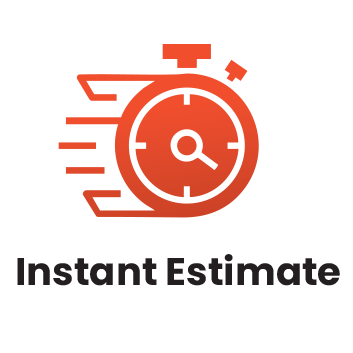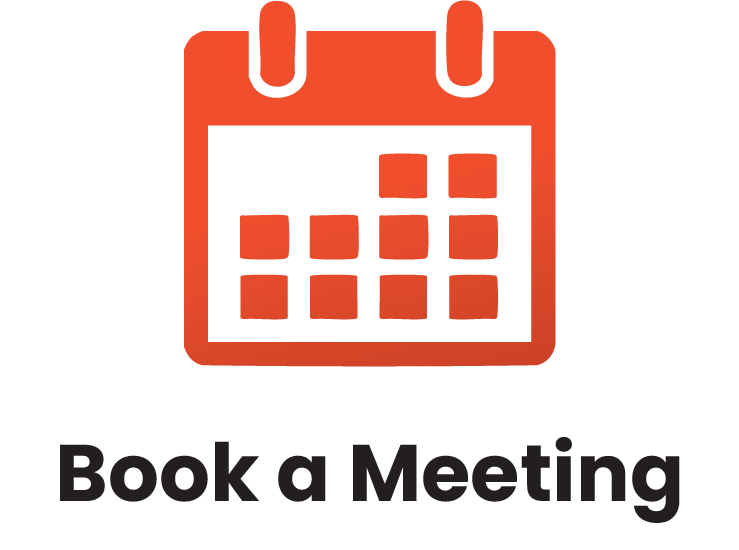Interactive training sessions led by experienced facilitators.
What is In-Person, Instructor-Led Training?
Our in-person training is delivered by a live facilitator who works directly with your team at your location. It’s our most popular format because it allows for real-time interaction, hands-on learning, and direct support.
Every session is tailored to your team’s specific goals, industry, and challenges—no generic, one-size-fits-all programs. Whether it’s a single session or a full training series, we design the experience to be relevant, practical, and fully aligned with your needs.
What is Live Webinar Training?
Live webinars are facilitator-led training sessions delivered online in real time. They’re ideal for teams working in different locations or with busy schedules.
This format offers shorter, more frequent sessions that are easy to coordinate—making it a convenient option for organizations with remote or distributed teams.
What is Virtual Classroom Training?
Virtual Classroom training is live, instructor-led training delivered online. It offers the same interactive experience as in-person sessions, with real-time discussions, group activities, and instructor feedback.
It’s a flexible option for organizations that want to reduce travel, save costs, or better fit training into busy schedules.
What is a Lunch & Learn Session?
Lunch & Learn sessions are short, facilitator-led training sessions delivered in person or online—typically during the lunch hour. They focus on specific topics or skills and offer a quick, engaging way to learn without a full-day commitment.
These sessions can be offered as one-time events or as part of a series, making them a great option for ongoing, bite-sized learning.
Online Learning
Coming Soon!
Be the First to Know when this Course is available in our Online Learning Format
Be the First to Know when this Course is available in our Online Learning Format
Self-Management and Productivity
Strong self-management skills and productivity enable individuals to effectively prioritize tasks, regulate emotions, and manage their time. This course will help students take control of their time and energy to achieve their professional goals. They will learn the basics of self-management, explore the science of habits and routines, and discover techniques to boost their productivity. Through hands-on activities and reflection, participants will identify challenges, build better habits, and create a plan for long-term success.
LEARNING OBJECTIVES
This one-day workshop will help you teach participants how to:
- Understand the core principles of self-management and productivity.
- Apply practical techniques for enhancing self-management skills and productivity, including goal setting and task prioritization methods.
- Manage time and energy efficiently to meet goals and complete tasks.
- Leverage tools and technology to boost productivity.
- Use emotional regulation and stress management methods to improve well-being and performance.
- Develop a plan for strengthening self-management skills and productivity.


COURSE OUTLINE
Course Overview
You will spend the first part of the day getting to know participants and discussing what will take place during the workshop. Students will also have an opportunity to identify their personal learning objectives.
Foundations of Self-Management and Productivity
In this session, participants will learn about the fundamentals of self-management and how it relates to productivity.
Improving Productivity
Next, participants will learn specific techniques to improve productivity. These strategies include goal setting, task prioritization, and time management.
Overcoming Procrastination
Then, participants will explore the causes of procrastination and strategies to overcome it.
Using Tools and Technology
In this session, participants will learn about some productivity applications and how they can help with building better work habits.
Applying Emotional Regulation Techniques
Next, participants will learn the importance of emotional regulation as well as practical strategies to recognize and manage their emotions to improve their well-being and performance.
Building Accountability Systems
Then, participants will explore the importance of accountability for productivity and learn techniques for creating effective accountability groups or partnerships.
Planning for Long-Term Productivity
In this session, participants will create a personalized self-management and productivity action plan.
Workshop Wrap-Up
At the end of the course, students will have an opportunity to ask questions and fill out an action plan.


















